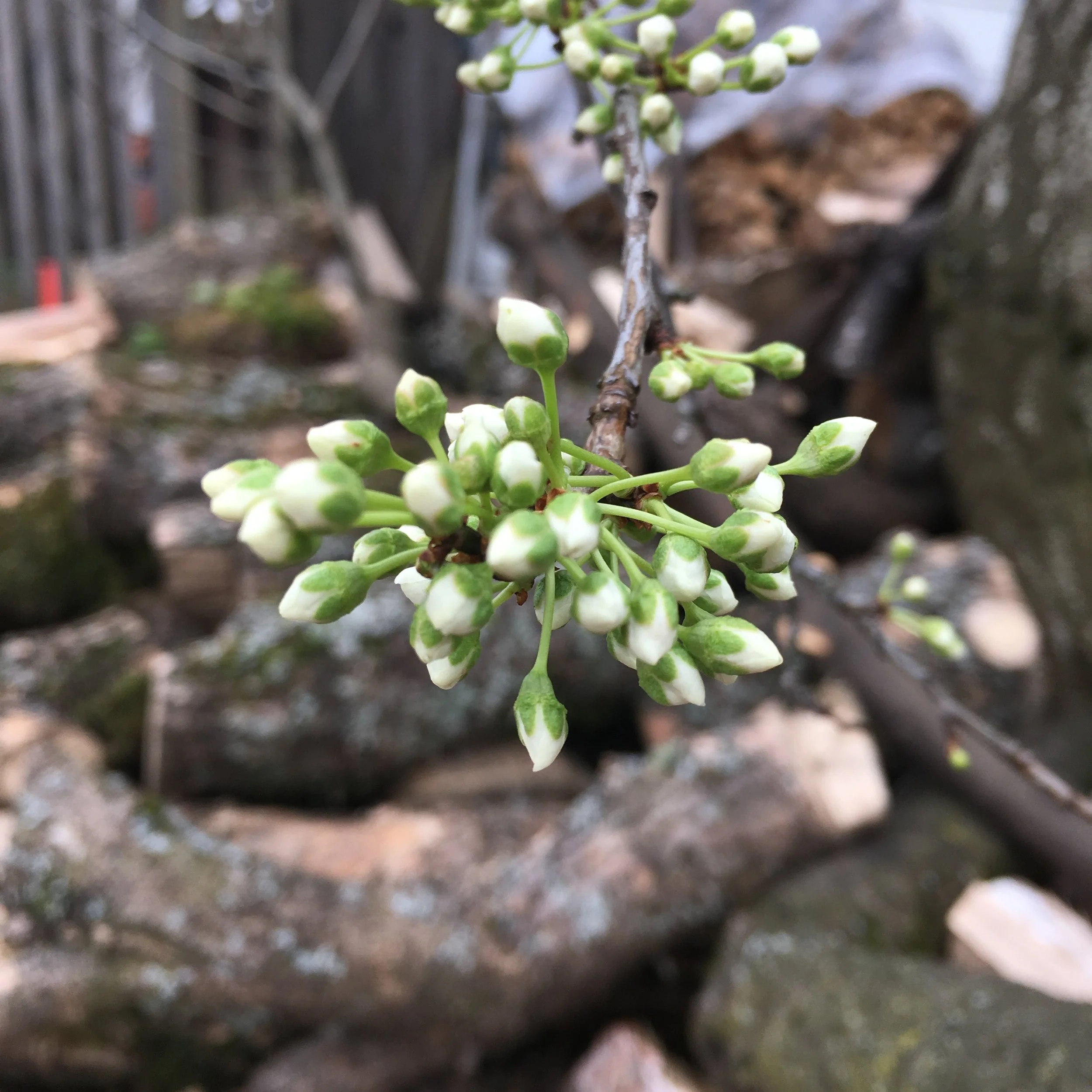Moving Mindfully
Chiropractic recognizes that life is the expression of intelligence through matter. One of the ways we see and experience this is through movement. A major sign of how healthy we are is how well we move.
Movement requires mobility, strength, and endurance. Mobility is the coordinated ability to move through the body’s natural ranges of motion. Mobility is not flexibility. Flexibility shows that joints have some elasticity, but often without the added stability of coordinated and strong movement patterns, which characterize mobility.
Your body responds to what you ask it to do consistently.
Mobility and strength will only happen if you ask your body for them by having a movement practice. Pilates, yoga, walking, swimming, and climbing are great examples of full body movement practices. There are plenty of others.
A movement practice is essential to the health of the body. Chiropractic is essential to the health of the movement practice.
The way that I practice chiropractic is by looking at how well the central communication network of the body (the nervous system) is working. This system underlies and coordinates all function in the body, including movement. Movement is both a sign of and a way to improve overall body health/challenge.
Endurance. Movement happens in time. Over time, both during activity/exercise and sustained periods of suboptimal posture (think: sitting in a chair), muscles fatigue. When it comes to movement, it will always be better to do less repetitions properly than more repetitions with poor form. Reinforcing good form and mechanics will lead to more strength, more endurance, and decreased risk for injury.
Questions to ask about your movement practice:
Do I have the necessary range of motion for this activity/task/exercise/asana?
Do I have the necessary strength to perform this activity/task/exercise/asana correctly?
Am I taking cues from my body about fatigue and how it affects questions 1 and 2?
Answering “no” does not mean you cannot or should not move. It does mean you need to modify what you are asking your body to do in a way that honors your current capabilities. Consistent and intelligent effort will yield results. Listen to your body - move, have fun, be mindful.
Seeds of Change
After the worst winter the city has had in a long time, Portland is waking up. Within a week of the vernal equinox, buds are on the trees, flowers are blooming, and color is starting to radiate against the perennial green and grey of Stumptown.
The past 6 months has been an immense period of transition. Both personally and in my practice, every person I know has been presented with a significant challenge in their life during this timeframe. For some it’s about the health of their body. For others it’s a change in relationship, home, job, or family. It has been an opportunity to change perspective, to stand up for what’s right, and to make a choice to let go of that which no longer serves.
Each year Spring reminds us that as long and dark as the winter might have been, it was necessary to cultivate these seeds of change. This is the time to choose which seeds to plant, which ones to water, and which ones we want to see grow.
Consuming Consciously
Your diet extends far beyond what you eat at meal time. The nutrition (or lack thereof) you obtain from the food you eat is a combination of quantity, quality, and value. If you don’t eat enough, or if you have too much, you won’t feel great. If you have the “right” portions, but they’re made of junk, that won’t be great either. A third consideration, which I think is as important as quantity and quality, is value. How are you consuming? Are you taking notice of what you’re eating? Are you eating alone or with friends and family? Are you watching TV, trolling the internet, stressing about work? Are you paying attention to not only the food itself, but the experience you create when you eat it?
Consuming food is the most accessible example for the talking about consuming consciously. Your brain and your body consume everything that you expose them to. Activities that you do on the regular become a “diet” for your senses. If you sit a desk all day, make an effort to move. You wouldn’t eat white rice for 75% of your meals, so don’t subject your body and your posture to the cast of a chair for 75% of your time awake. The information you expose your mind to becomes the nutrition (or lack thereof) for what you think, how you think, and how you feel. Listening to Mozart on the ride to work will have a different impact on your mind than listening to talk radio. Reading Rumi or Rilke will provide different nutriment than the news. Having an exciting conversation with someone (in real life) about bike mechanics, coffee, or whatever you find interesting will be more novel, more energy rich, and provide more value than casual observations about the weather.
What we eat, what we listen to, what we read, who we engage with, and what activities we perform - consistently - will serve to mold who we are and what kind of experiences we have. We live in a time when we are overtly and covertly pushed to consume. If we can bring this process to a more conscious level, we give ourselves the opportunity to make a choice to ask: how much, what kind, and is this important to me?



